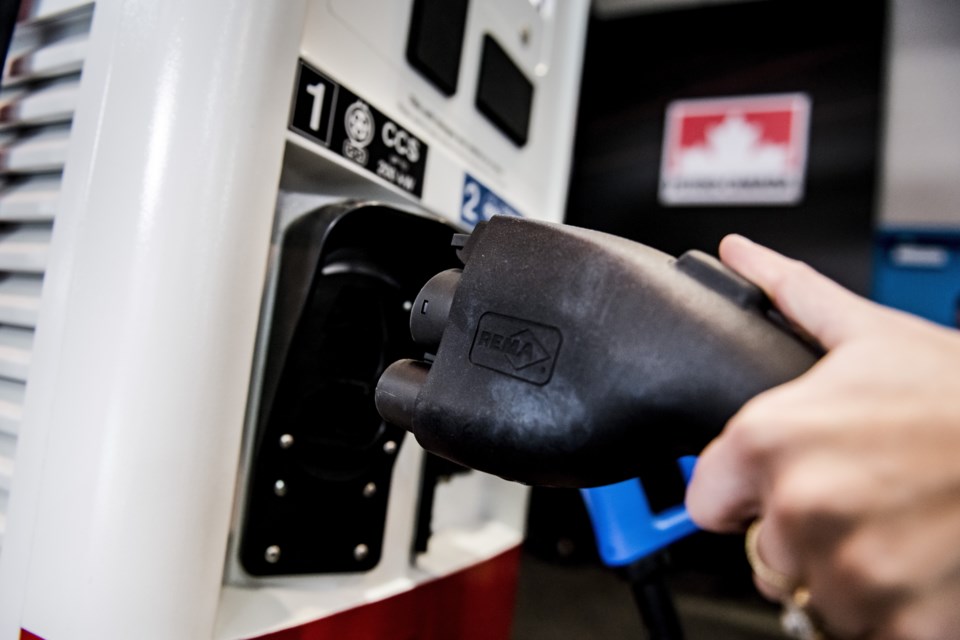The B.C. government is providing $76 million over three years to local governments to help them reduce pollution and prepare for the effects of climate change.
Municipal Affairs Minister Nathan Cullen said the new program responds to municipalities that have asked for more flexible and consistent funding to implement projects that support the province's climate plans and their own goals.
"This past year has been incredibly challenging for many British Columbians and local leaders have been on the front lines of keeping people and communities safe from extreme weather and natural disaster," he told a news conference on Monday.
"It's clear that many of these communities still need financial support to wholly recover from the impacts, and we know it's critical that infrastructure is built back to a more resilient standard."
Cullen said the province has also revived a committee with the Union of B.C. Municipalities that is working on a climate program that will help communities "make better land use decisions."
The announcement comes nearly one week after the provincial government released its 2022-23 budget, which earmarked $2.1 billion for disaster recovery efforts and future response to the threats from wildfires, floods and heat waves.
George Heyman, minister of the environment and climate change strategy, said Monday that the government will be offering rebates totalling nearly $250 million to fund the switch to electric vehicles through its Low Carbon Fuel Standard program.
"We need to invest in security, livability and in a sustainable future," he said. "The plan remains focused on building opportunities for people in a clean economy, while addressing their fears for the future and their concerns about affordability today."
He said the purchases of used zero-emission vehicles are exempt from provincial sales tax until 2027, noting that 90 per cent of all new light-duty vehicle sales in the province will be zero emission by 2030.
Heyman said the province will also remove the PST on electric heat pumps starting April 1.
— By Brieanna Charlebois in Vancouver.
This report by The Canadian Press was first published Feb. 28, 2022.
-
This story was produced with the financial assistance of the Facebook and Canadian Press News Fellowship.





